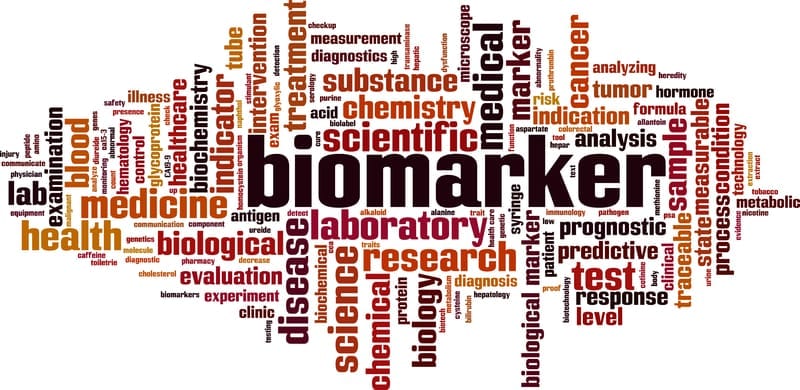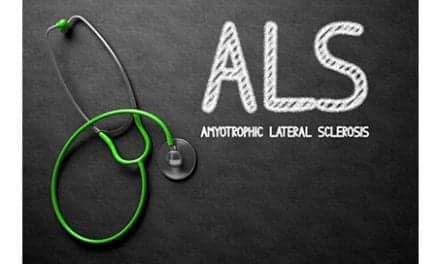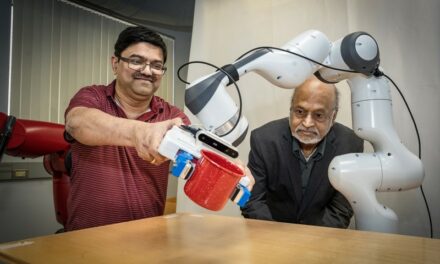NeuroSense Therapeutics Ltd, a company developing treatments for neurodegenerative diseases, announces the initiation of the third stage of a collaborative biomarker study with Massachusetts General Hospital (MGH).
The extension of this collaborative effort follows two prior successful studies conducted with the novel neuron derived exosomes platform, also completed in collaboration with MGH.
The initial study identified ALS biomarkers that are indicative of the mechanism of action for PrimeC, the lead product development candidate in NeuroSense’s pipeline, by analyzing blood samples obtained from healthy people and people living with ALS. The second study analyzed blood samples from patients treated with PrimeC in NeuroSense’s NST002 trial and examined the longitudinal effect of PrimeC administration on those identified biomarkers.
The results following 12 months of treatment with PrimeC, showed statistically significant changes in key ALS-related biomarkers such as TDP-43, neuroinflammation and lysosomal trafficking. Moreover, there was a correlation between the clinical meaningful outcomes and changes in those biomarkers.
The new study, building upon the success of the first two studies, is intended to expand the insight into these biomarkers and their correlation to the progression of ALS symptoms by evaluating the same biomarkers longitudinally in patients who have not been treated with PrimeC. This enhanced understanding of the mechanism of action for PrimeC and its impact on disease progression is intended to provide support regarding the effectiveness of PrimeC in treating ALS and assist NeuroSense in optimizing the clinical trials that are planned for FDA approval and commercialization.
“NeuroSense’s Phase 2a clinical study showed promising clinical outcomes together with significant changes in ALS-related biomarkers, supporting biological activity of PrimeC in ALS patients. These findings provide valuable insight into the development and discovery of new ALS biomarkers and treatment options, and may expedite PrimeC development while increasing its potential to reach the market. We are excited by these results and look forward to the ongoing fruitful collaboration with MGH.”
— Dr. Shiran Zimri, PhD, Head of the Scientific Program at NeuroSense
“Biomarkers play an increasingly important role in the understanding of ALS and the mode of action of PrimeC, and therefore this study is another important step in our biomarker strategy. The data generated will provide additional insights and will also shape the design and outcome measures of upcoming clinical trials. We are delighted to be working on this cutting-edge technology in collaboration with MGH and appreciate their enormous contribution on this.”
— Dr. Ferenc Tracik, MD, NeuroSense’s Chief Medical Officer
[Source(s): NeuroSense, PR Newswire]




